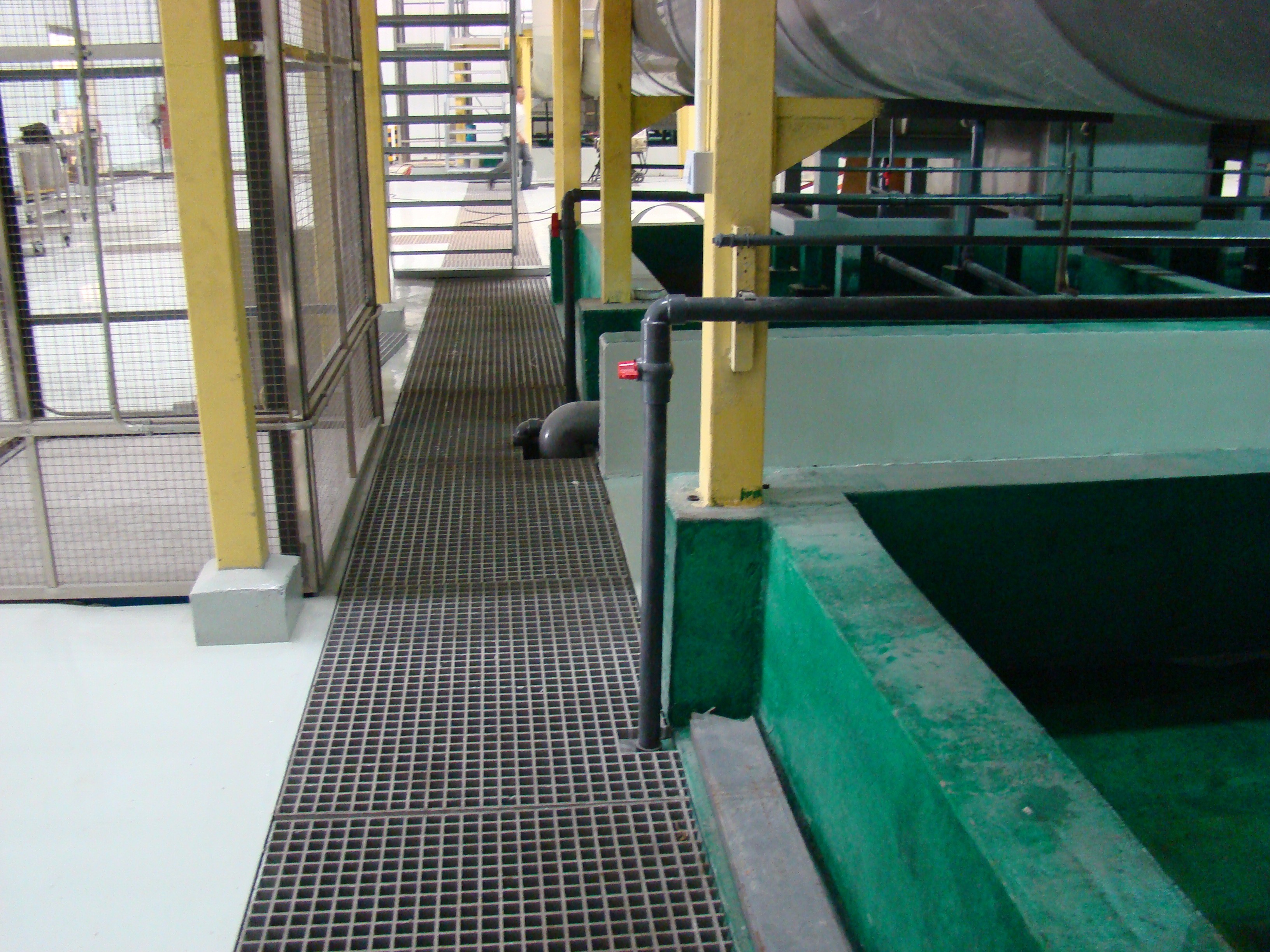What is FRP?
FRP stands for Fibre Reinforced Plastic. It's a composite material made up of a polymer matrix reinforced with fibres. The fibres used can vary depending on the specific application, but fibreglass is a common choice due to its cost-effectiveness and durability.
The combination of plastic and fibre reinforcements in FRP results in a material that is strong, resilient, and lightweight. This makes it highly versatile and suitable for use in various industries, including aerospace, automotive, construction, boat building, and water treatment plants.
One of the key advantages of FRP is its ability to provide additional strength and elasticity to products while maintaining cost-effectiveness. This means that FRP structures can support heavy loads and distribute weight without permanently deforming or cracking.

The development of FRP dates back to the early 20th century, with significant advancements occurring in the 1930s and widespread manufacturing by the 1950s. Over the years, there have been continuous improvements and refinements to the manufacturing process, resulting in an even more dependable and versatile product today.
FRP grating is indeed a popular choice for modern industrial facilities due to its ability to meet a wide range of demands and requirements. Here's how FRP grating addresses some of the key considerations for businesses:
Strength and Weight-bearing Properties: FRP grating is known for its high strength-to-weight ratio. Despite being lightweight, it offers exceptional load-bearing capabilities, making it suitable for heavy-duty industrial applications.
Corrosion Resistance: Unlike traditional materials like steel, FRP is highly resistant to corrosion from chemicals, moisture, and other corrosive substances. This resistance ensures the longevity of the grating even in harsh industrial environments.
Electrical Insulation: FRP is a non-conductive material, making FRP grating an excellent choice for environments where accidental electrical discharge is a concern. It helps to mitigate the risk of electrical accidents, enhancing overall safety in the facility.
Durability and Wear Resistance: FRP grating is inherently durable and resistant to wear and tear. It can withstand heavy foot traffic, equipment movement, and other forms of mechanical stress without deteriorating, ensuring long-term reliability and cost-effectiveness.
Low Maintenance: FRP grating requires minimal maintenance compared to traditional materials like steel. It is resistant to rust, corrosion, and degradation, reducing the need for frequent inspections and repairs.
Safety: The slip-resistant surface of FRP grating enhances safety in the workplace by reducing the risk of slips, trips, and falls. Additionally, its non-conductive properties contribute to a safer working environment, especially in areas where electrical hazards are present.
Overall, FRP grating provides a comprehensive solution that addresses the diverse needs of modern industrial facilities, combining strength, durability, corrosion resistance, and safety in a single material.
Finding the best partner for your FRP needs
FRP grating plays a foundational role for many industrial facilities. Your business needs a dependable, proven partner to supply this grating and ensure that it's fit for installation and use. To learn more about Webforge's FRP and make an order, get in touch with our team today.